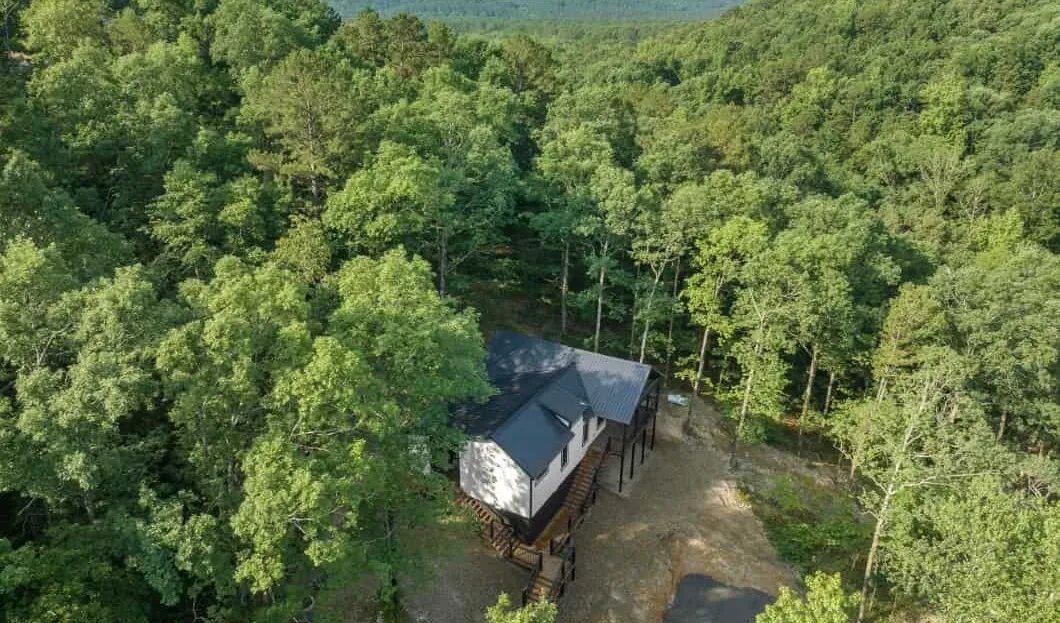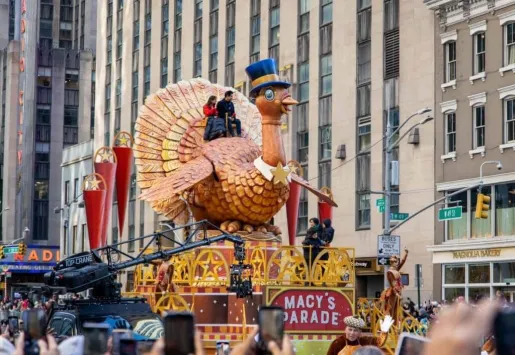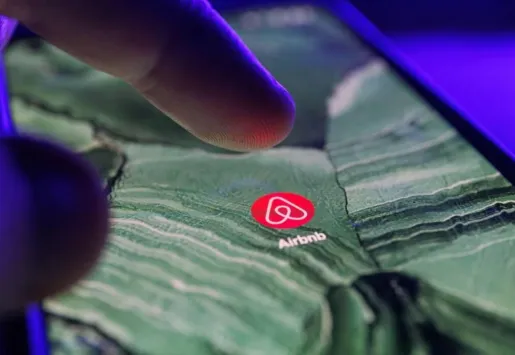
Hochatown, Oklahoma, a small vacation spot on Broken Bow Lake, has experienced a surge in popularity due to the influx of cabin rental companies. Before the pandemic, the area had around 400 rental properties. However, according to AirDNA, a website that tracks short-term rentals, the number has increased to 2,400. As a result, the city has become a huge Airbnb hub.
The Airbnb boom in Hochatown has brought both benefits and challenges. The city earned $456,000 in tax revenue in September from the influx of travelers, and local authorities hope to reach $1 million a month shortly. However, the city faces some difficulties, as there is no professional fire department, police officers, or garbage collectors. Unpaved roads also pose a problem for landlords, as does unreliable water infrastructure, which is essential for maintaining the hot tubs that keep guests happy.
Some cabin owners, who bought their homes only recently when prices were still high, are concerned that there aren't enough bookings from travelers to make their investment worthwhile. This is a common issue known as the "Airbnb bust," where the number of homes for rent exceeds demand in certain areas, resulting in reduced profits for owners.
According to Jay Carney, Airbnb's communications director, the platform has successfully generated tourism revenue for remote locations like Hochatown. Carney emphasizes that spreading tourism to places without hotels can have significant economic benefits.
Airbnb took over the city
Short-term rental listings have significantly increased in rural areas like Hochatown. Initially, the surge in bookings was unexpected. Residents in the area owned rental properties and had to refund guests thousands of dollars due to mass cancellation of reservations triggered by the pandemic. However, after travel restrictions were lifted, the demand for short-term rental accommodations skyrocketed, with Airbnb properties experiencing a 95% occupancy rate. The Airbnb boom also led to a successful campaign to incorporate the city, which became official in November.
The increasing number of Airbnb hosts makes it harder for some to earn the money they hoped for. In many cities in the U.S., the rush to make money from Airbnb listings is slowing down, mostly due to market saturation caused by investor enthusiasm. According to Airbnb's third-quarter earnings call, supply increased by 19% from 2022 to 2023, which is higher than the increase in traveler demand (14%). This gap has shattered the dreams of some new landlords looking to profit from renting their properties.
For example, a "California Dreaming" cabin in Hochatown was sold in 2020 for $590,000. The cabin was sold again in 2021 for almost double the previous amount, at $1.1 million. In 2022, the price of the cabin increased to a new high of $1.299 million. However, the price has since been lowered several times, and the cabin is now on the market for $899,000. As a result, cabin owners in Hochatown are uncertain about whether they can recover their investments.













